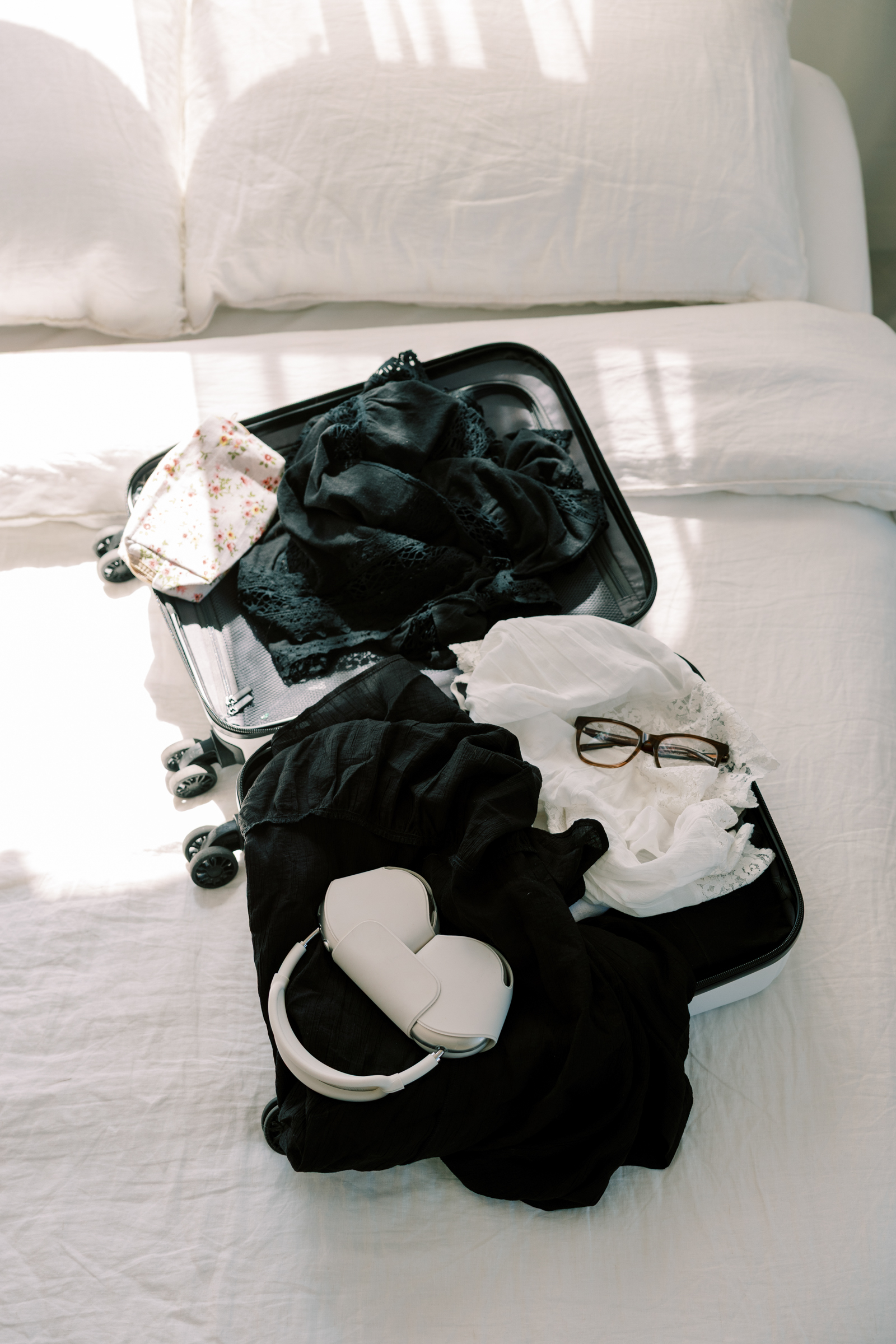And why vulnerability is a power move.
For decades, women in business were told the same thing:
Keep it together.
Stay composed.
Don’t cry, don’t crack, don’t crumble.
Because if you do, people won’t respect you.
It’s the rule we’ve been taught since we were little.
Never. Show. Weakness.
But here’s the truth: that version of strength isn’t leadership. It’s survival. And it’s exhausting.
The Wake-Up Moment That Changed Everything
A few years ago, during a therapy session, I was venting about how tired I was. How I couldn’t slow down because there was always something else to handle; a fire to put out, an email to answer, a staff schedule to fix.
My therapist looked at me and asked, very calmly:
“Do you ever take a day off?”
I laughed out loud and said, “Not really. But I don’t think that makes me a bad person.”
She paused (as therapists do) and said:
“Very little in life makes us bad people. But it doesn’t make you a great leader.”
And that hit like a ton of bricks.
Because I wanted to be a great leader. I built my businesses around caring for people, mentoring staff, and creating supportive workplaces.
But she was right.
By never taking a day off, by working through sickness, by pretending I was fine when I wasn’t, I wasn’t setting a good example. I was showing my team that rest wasn’t allowed. That being tired, sick, sad, or human wasn’t an option.
I thought I was modeling dedication.
I was really modeling depletion.
What Leadership Actually Looks Like
That conversation changed me.
Now, when I’m sick, I stay home.
When I need rest, I take it.
When I’m struggling, I say it out loud.
And guess what?
My team started doing the same.
They stopped apologizing for being human. They took time off before hitting burnout. They trusted me, and each other, more deeply.
The whole culture shifted from hustle to honesty.
And I realized something I wish I’d learned years ago:
Strength without softness isn’t strength at all. It’s survival.
The Quiet Ways This Rule Still Shows Up
You might think you’ve let this rule go, but it sneaks in everywhere:
- “I’ll rest when things slow down.”
- “I can’t afford to take a day off.”
- “If I stop, everything will fall apart.”
- “I don’t want to let anyone down.”
We’ve been conditioned to believe that exhaustion equals commitment.
But exhaustion isn’t a badge of honor. It’s a warning sign.
And when you keep working sick, when you keep pushing through, your team doesn’t think you’re strong. They think they have to do the same.
That’s not leadership. That’s legacy burnout.
The Rewritten Rule: Lead with honesty. Let them see your humanity.
You don’t have to perform strength to earn respect. You can lead through truth.
That means:
- Resting when you need rest.
- Owning your mistakes when they happen.
- Admitting when you don’t have it all figured out.
- Letting people see that behind your title is a whole human being.
Real leadership isn’t about holding it all together.
It’s about showing others how to hold themselves.
Because when you go first, when you show what humanity looks like in leadership, it gives everyone else permission to follow.
One of the ways I’ve practiced undoing this rule is by choosing more honest forms of communication. Email, for me, has become a place where I don’t have to perform strength or polish my feelings. Using a platform like Flodesk makes it easy to write in a way that feels human, personal, and true to my voice, without turning it into a whole production.
The Takeaway
Ask yourself this: what kind of culture are you modeling? If your staff, your family, your clients only ever see you powering through, they’ll believe that’s the expectation.
So here’s your challenge: tell the truth somewhere you normally hide it.
Cancel the meeting. Rest when you’re sick. Admit when you’re struggling.
You’ll be surprised how quickly everything softens. Because people don’t connect to perfection.
They connect to truth.
My therapist was right — working sick doesn’t make you a bad person.
But it doesn’t make you a great leader, either.
So now, we don’t work sick.
We rest. We recalibrate. We come back better.
Because that’s what real leadership looks like.

